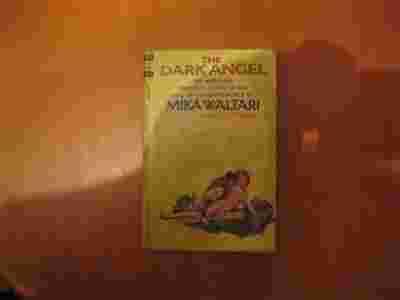MIKA WALTARI - THE DARK ANGEL

Aukcja w czasie sprawdzania nie była zakończona.
Cena kup teraz: 5 zł
Użytkownik libero93
numer aukcji: 2070696488
Miejscowość Poznań
Wyświetleń: 8
Koniec: 28-01-2012 09:40:18
Dodatkowe informacje:
Stan: Używany
Okładka: miękka
Rok wydania (xxxx): 1963
